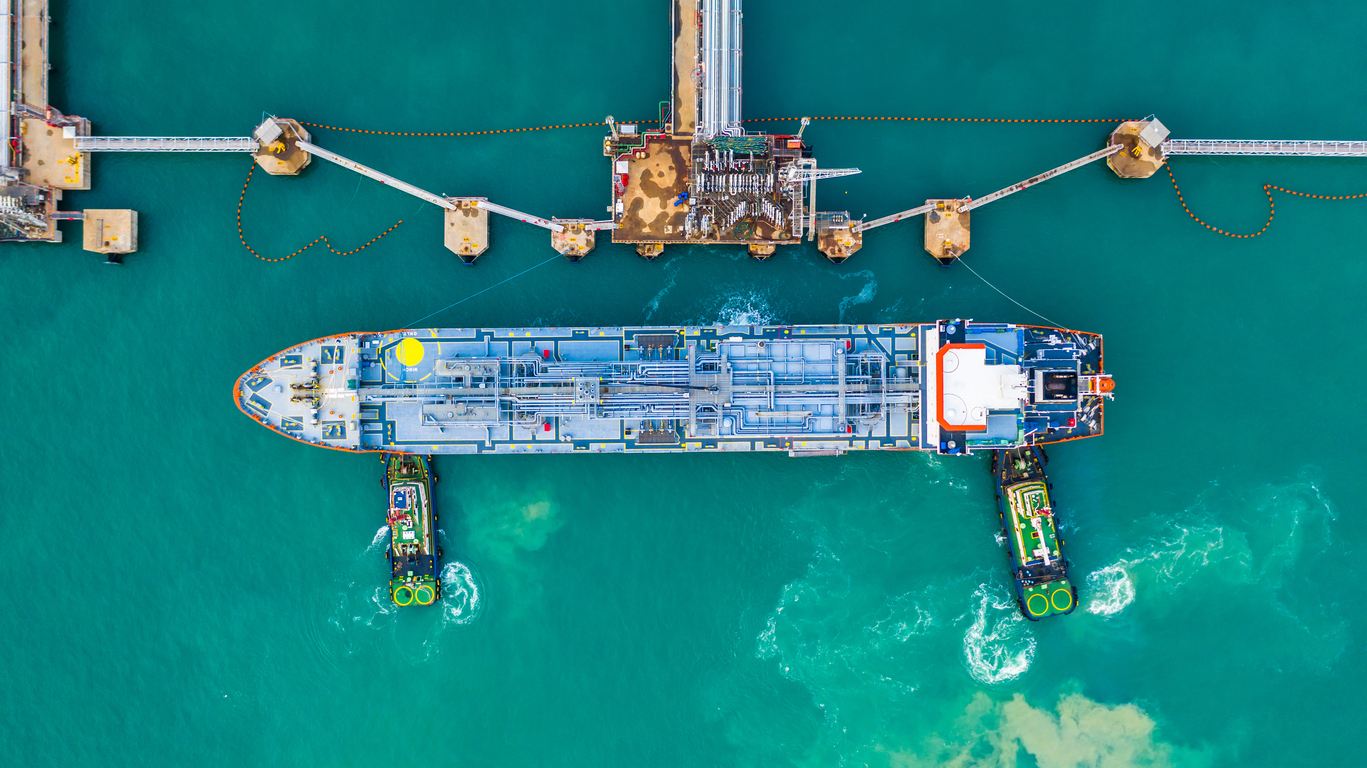Shore Power Supply for Vessels – Cleaner, Smarter Port Operations with Wigmore Trading
Modern ports are evolving, and so are the needs of vessels docking around the world. As environmental regulations tighten and fuel costs rise, more ship operators are turning to shore power supply for vessels—a cleaner, quieter, and more cost-effective alternative to running onboard diesel generators while at berth.
Wigmore Trading helps maritime clients source, coordinate, and implement shore power solutions, supporting sustainable port operations across West Africa and beyond.
What Is Shore Power?
Shore power, also known as cold ironing or shore-to-ship power, allows vessels to plug into the local electricity grid while docked. Instead of running their engines for power, ships can operate lights, air conditioning, pumps, and other onboard systems using onshore electricity.
Key Benefits:
-
Reduces fuel consumption
-
Cuts harmful emissions (NOx, SOx, CO2)
-
Lowers engine noise and vibrations
-
Complies with environmental regulations like MARPOL Annex VI
Why Shore Power Matters for Port-Based Vessels
Many vessels, especially cargo ships, tankers, cruise liners, and offshore supply vessels, stay docked for hours or days. During that time, they consume fuel just to run essential systems. This leads to:
-
Higher operating costs
-
Significant air and noise pollution
-
Regulatory risks in eco-sensitive ports
Switching to shore power enables cleaner operations, especially in urban ports or areas with emission control requirements.
Wigmore Trading – Supporting Shore Power Supply for Ships
At Wigmore Trading, we support the shipping and marine services industry by:
-
Coordinating shore power equipment procurement
-
Partnering with port authorities and service providers
-
Advising on voltage compatibility and infrastructure setup
-
Ensuring compliance with IMO and local electrical standards
We help vessel managers and port engineers integrate shore power options that are practical and compliant.
What’s Needed for Shore Power Connectivity?
1. Onshore Power Source
Ports need compatible electrical infrastructure—usually 440V or 11kV, depending on the vessel type. Wigmore Trading works with local partners to ensure access and upgrades where needed.
2. Ship-Side Compatibility
Ships must be equipped with:
-
Shore connection panels
-
Transformers or converters
-
Safety switches and breakers
We help clients source IEC/ISO-standard equipment for proper interfacing.
3. Power Cables & Connectors
High-voltage marine-grade cables with approved plugs and sockets are used to connect ship and shore. We assist in sourcing durable, weather-resistant systems.
Ports Where Shore Power Is Gaining Momentum
Though still emerging in West Africa, shore power is being adopted in:
-
Tema and Takoradi Ports (Ghana)
-
Lagos and Onne Ports (Nigeria)
-
Walvis Bay (Namibia)
-
Durban and Cape Town (South Africa)
Wigmore Trading is ready to support vessels calling at these ports with shore power coordination and supply support.
Advantages of Working with Wigmore Trading
-
✅ Access to reliable marine-grade equipment
-
✅ Expert advice on system compatibility
-
✅ Connection support during port stays
-
✅ Custom packages for commercial fleets and offshore support vessels
-
✅ Partnership with electrical and engineering contractors
Wigmore Trading can help reduce your port emissions, meet global standards, and improve your fuel efficiency—all through trusted shore power supply solutions.
Conclusion
As global shipping moves toward greener and smarter port operations, shore power supply for vessels is becoming an essential part of the solution. Wigmore Trading provides the tools, partnerships, and expertise to make shore power adoption smooth and cost-effective for ship operators in West Africa.
Contact Wigmore Trading today to explore shore power solutions tailored to your vessel type and port requirements.








Comments are closed.